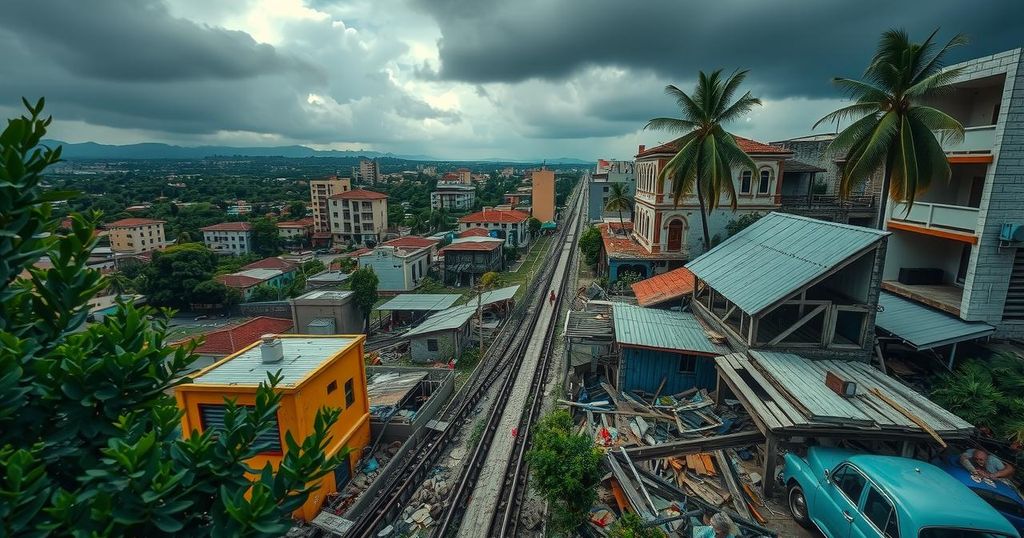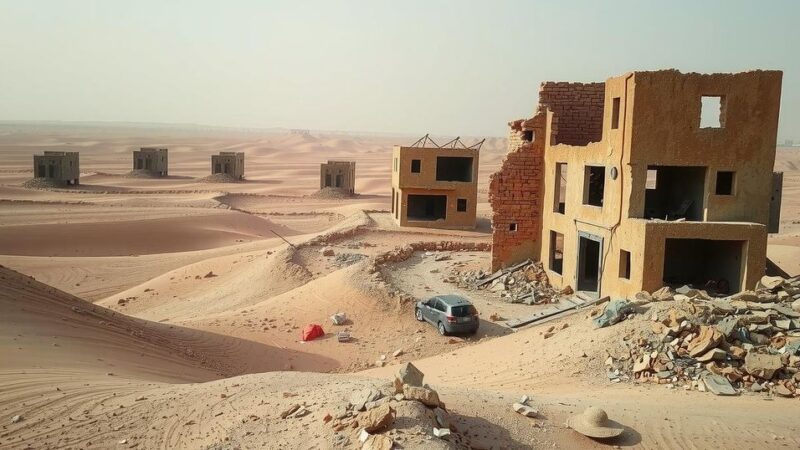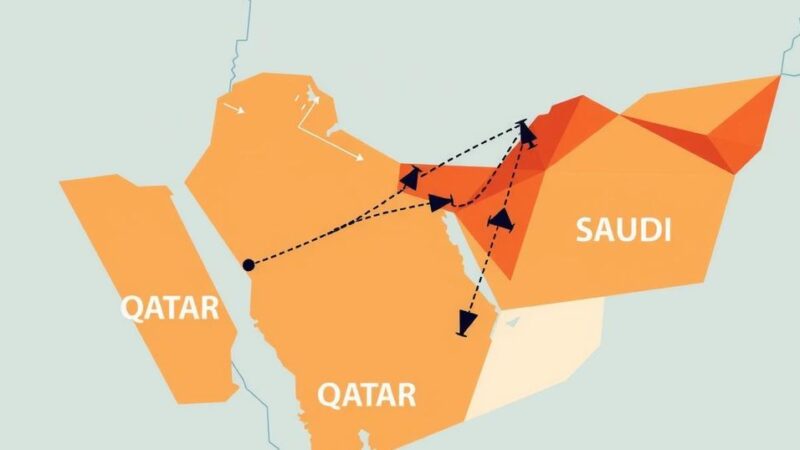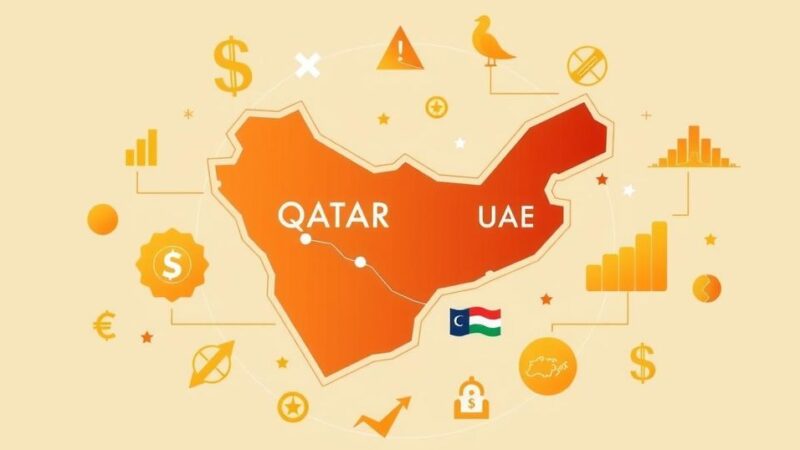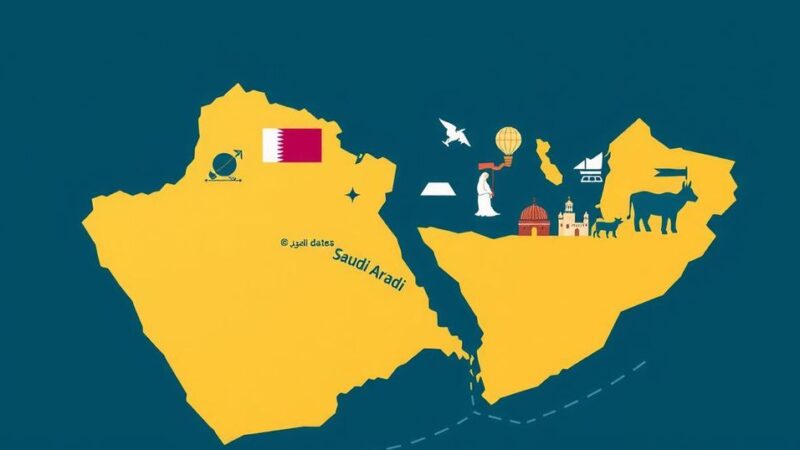On November 10, 2024, a 6.8 magnitude earthquake struck eastern Cuba, felt widely, including in Santiago de Cuba. This seismic event occurred shortly after Hurricane Rafael had caused widespread destruction and blackouts across the island. Despite residents experiencing fear and aftershocks, there were no immediate reports of damage or injuries.
On November 10, 2024, eastern Cuba experienced a 6.8 magnitude earthquake, exacerbating the ongoing challenges faced by its residents following a series of hurricanes and prolonged blackouts. The seismic event originated approximately 25 miles south of Bartolome Maso, and its tremors were felt broadly, particularly in Santiago de Cuba, the nation’s second-largest city. Witnesses, such as 76-year-old Yolanda Tabio, reported that individuals fled to the streets in fear, remaining uneasy as they awaited aftershocks, although initial assessments revealed no significant structural damage or injuries caused by the quake. This unsettling occurrence follows a week marked by natural disasters, most notably Hurricane Rafael, which impacted western Cuba, causing extensive power outages, the destruction of homes, and the evacuation of thousands of residents. Furthermore, recent months have seen Cuba grappling with energy crises that led to widespread blackouts, prompting public discontent and minor protests as communities struggled to cope with the compounded effects of climate-related events and infrastructural deficiencies.
Cuba is currently confronting a series of natural disasters that have significantly affected its populace. The recent 6.8 magnitude earthquake emerged in the wake of Hurricane Rafael, a powerful storm that had already ravaged parts of the island. In addition to immediate natural threats, Cuba has faced persistent energy shortages that resulted in widespread blackouts, creating an environment of instability and distress for many citizens. These challenges contribute to heightened social unrest and increasing frustration among the general population regarding inadequate resources and governmental responses during emergencies.
In summary, the 6.8 magnitude earthquake that hit eastern Cuba on November 10, 2024, adds to a series of calamities affecting the region, following Hurricane Rafael and ongoing energy crises. Despite the immediate fears and chaotic responses from residents, there were no initial reports of substantial damage or injuries. However, the cumulative impact of these events underscores the fragile state of infrastructure and emergency preparedness in the country, raising concerns about the well-being and resilience of its citizens amid such adversities.
Original Source: torontosun.com
